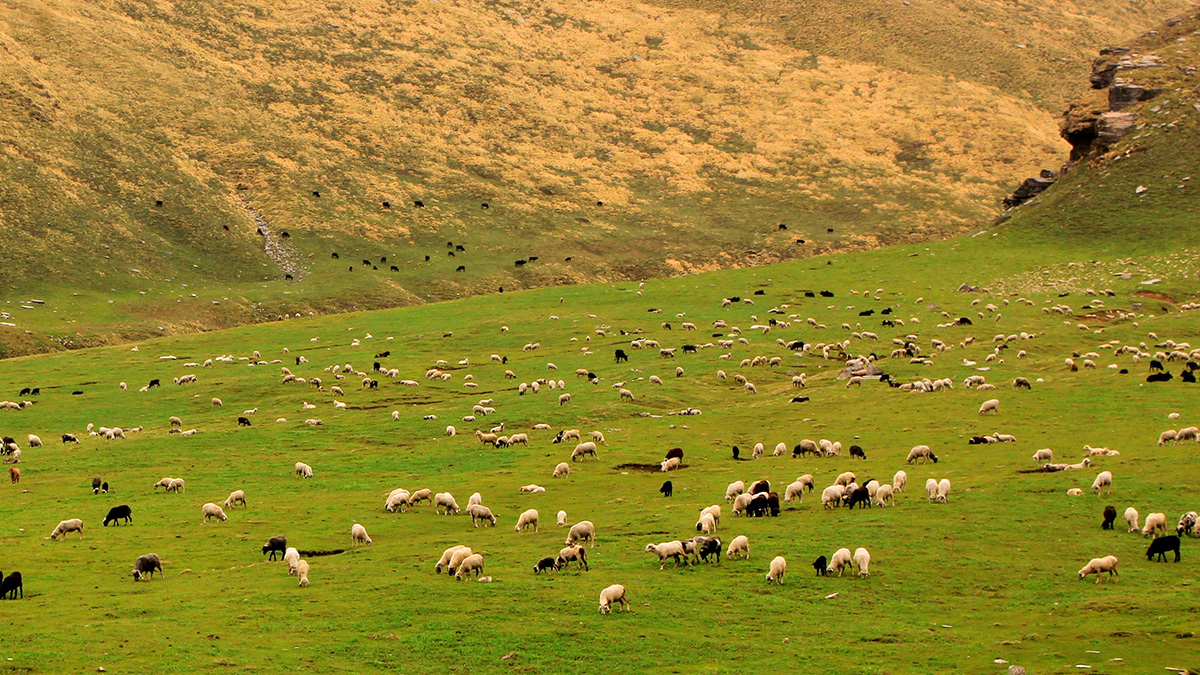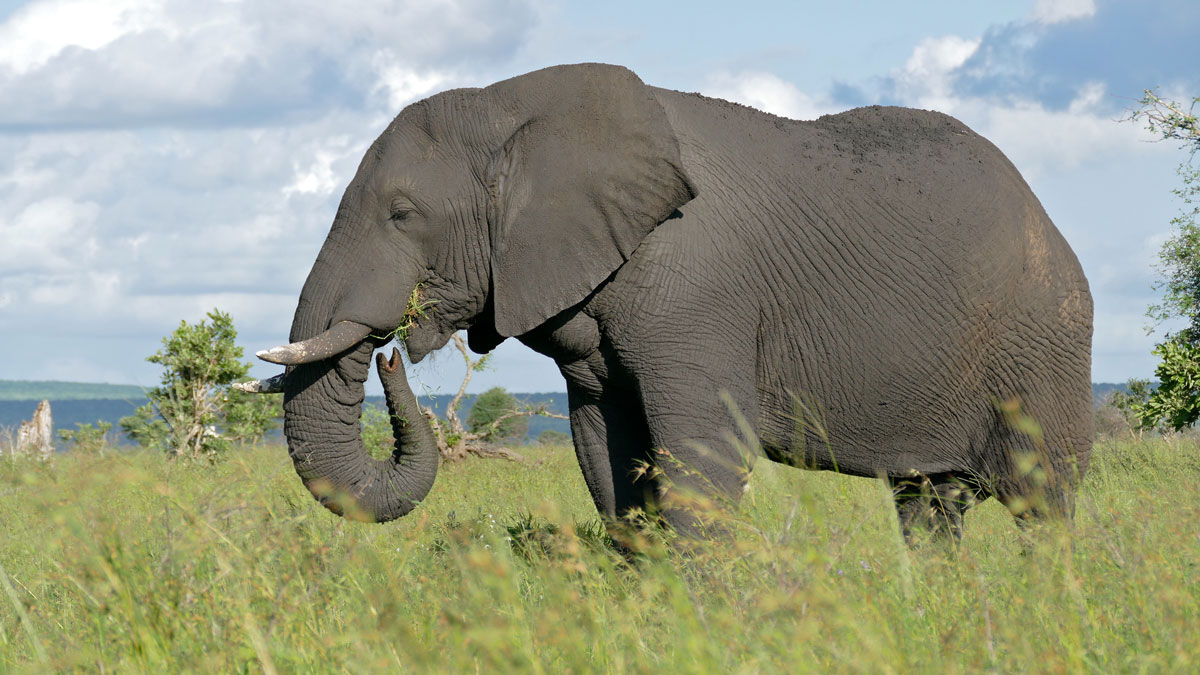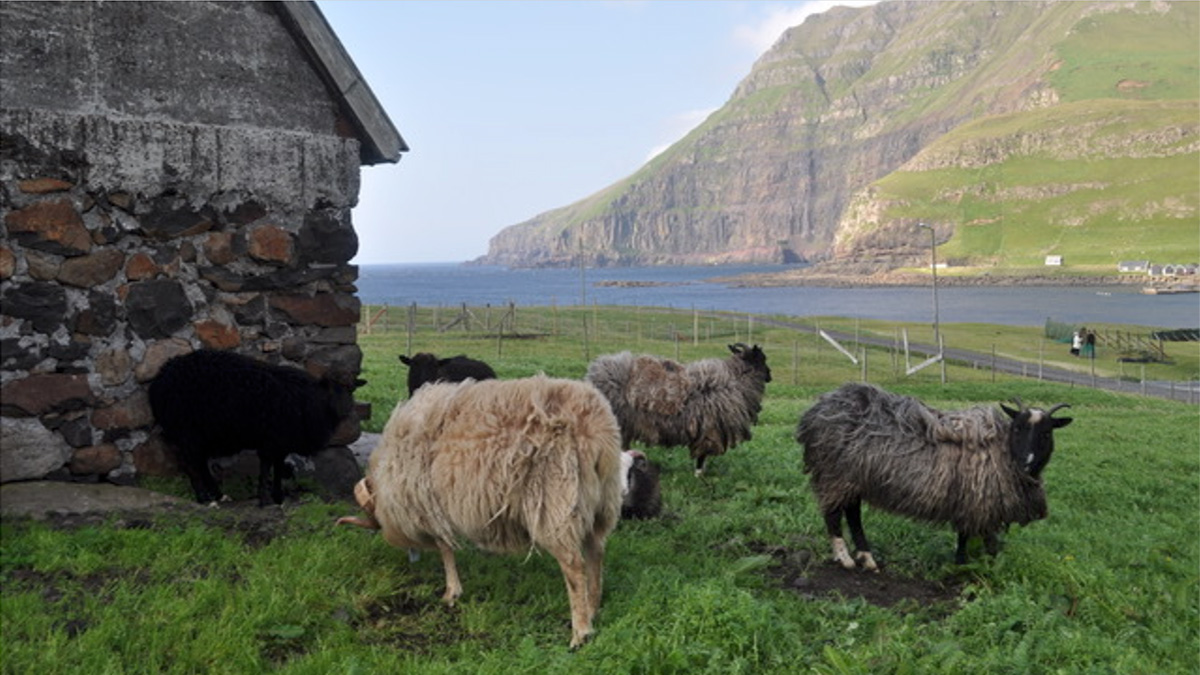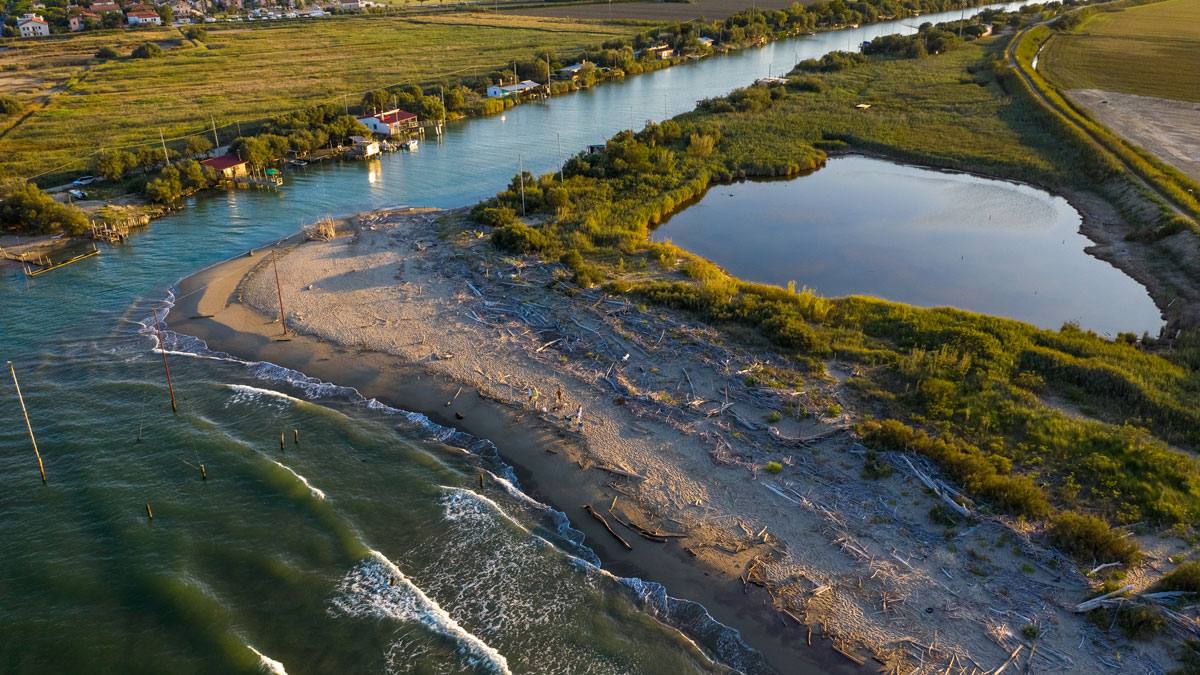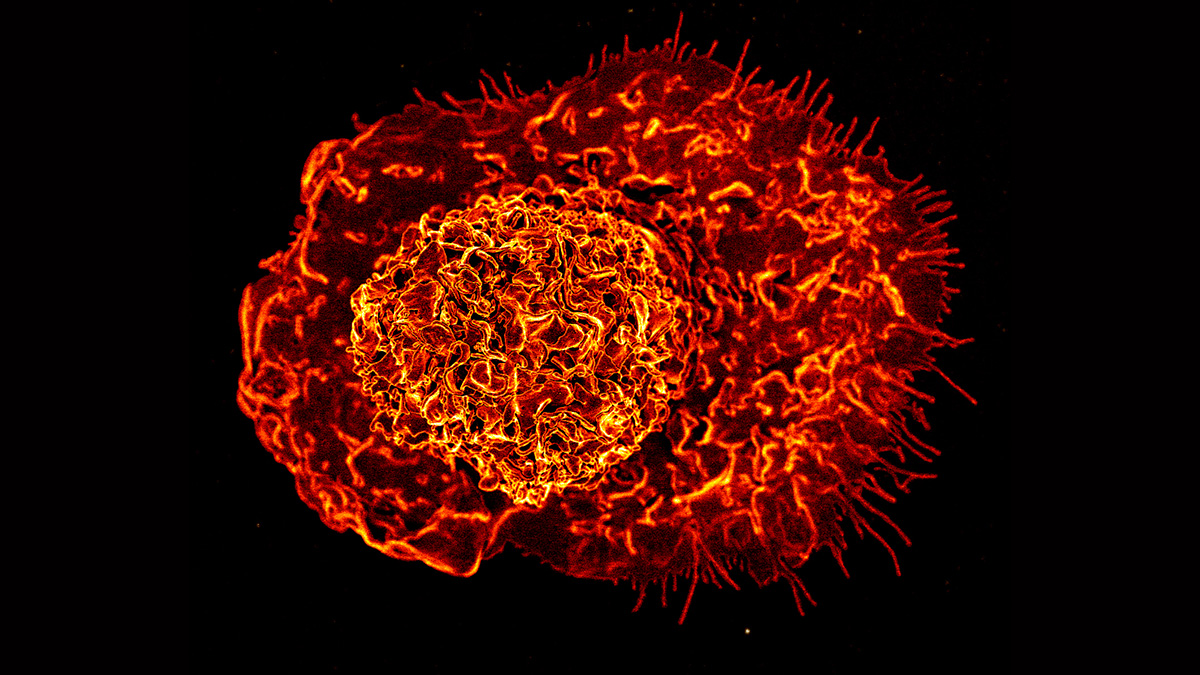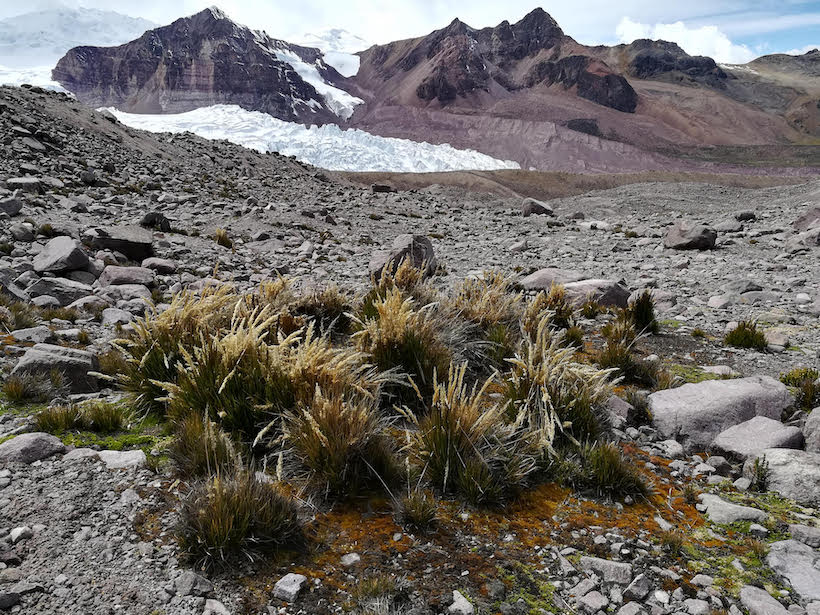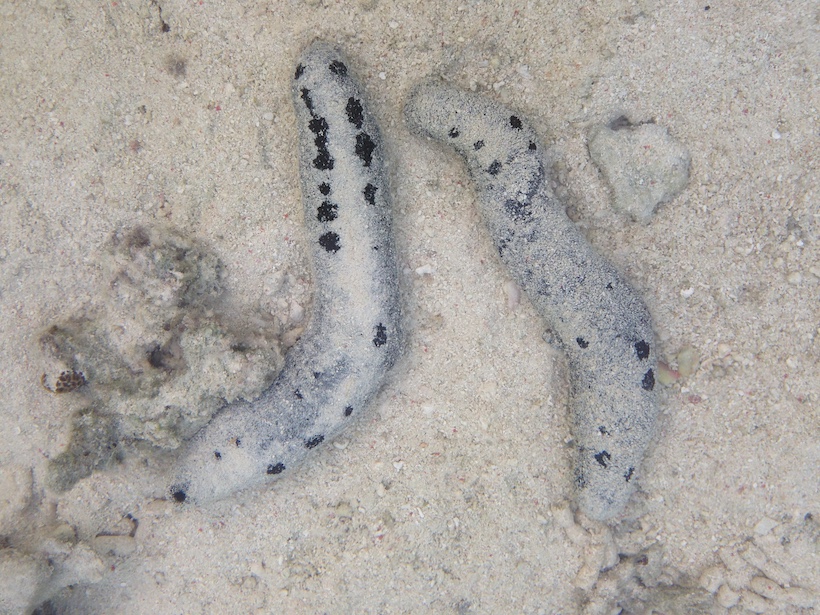Sea spray can transport sewage-contaminated waters inland, potentially exposing those living kilometers from the beach.
poop
Veterinary Antibiotics Reduce Soil Carbon Sequestration Capacity
Livestock grazing areas sequester less carbon than those under wild herbivores.
Traditional Fertilizers Beat Out Industrial Chemicals in Soil Health Test
New research in western India found that fertilizer based on Traditional Ecological Knowledge made soil more fertile in a head-to-head test with industrial fertilizers.
Large Herbivores May Improve an Ecosystem’s Carbon Persistence
The grazing habits of wild animals like elephants and boars enable long-term carbon storage, according to new research that stresses the need to align climate mitigation goals with biodiversity conservation.
Ancient Eruptions Reveal Earliest Settlers on the Faroe Islands
Lake sediment is helping scientists resolve a decades-long historical mystery.
A Global Map of Human Sewage in Coastal Ecosystems
Prodigious quantities of nitrogen from human waste flow into coastal waters, a study of nearly 135,000 watersheds reveals.
Microplastics Morph Cell Metabolism
Microplastics get into our bodies, potentially altering how certain cells convert sugar into energy, especially in the gut. Continued ingestion could cause chronic problems.
Species of Feces Help Phytoplankton Feed Itself
The unicellular plants more readily take up iron in the presence of salp feces than in krill feces, an experiment in Antarctica reveals.
Vicuña Poop Nourishes “Dung Gardens” High in the Andes
The excrement delivers nutrients like phosphorus and nitrogen, kick-starting islands of vegetation at the edge of the cryosphere.
Sea Cucumbers: The Excremental Heroes of Coral Reef Ecosystems
Drone surveillance reveals just how big a contribution sea cucumbers make to reef habitats.


